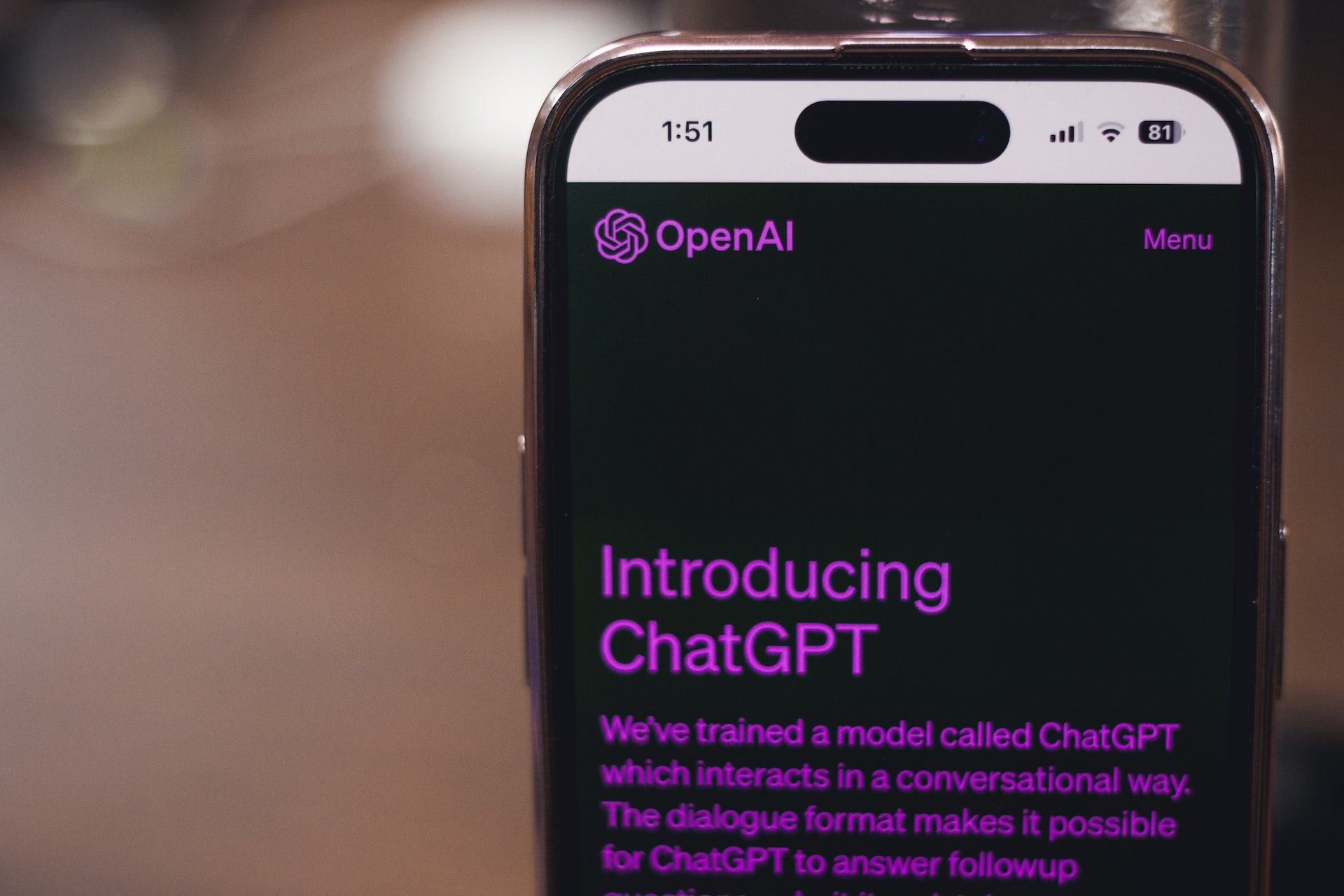By Sophie Girard
Artificial intelligence has been continuously evolving and holds the potential to restructure our society’s entire social order, says Daniel Araya, a researcher in public policy and technological innovation.
“I wouldn't underestimate how far this will go. It's like training a baby. This is an infant starting to stand, eventually it will be an adult,” Araya said at a recent talk at UC Santa Barbara co-hosted by the university's Center for Information Technology and Society (CITS) and by the Center for Black Studies Research.
Daniel Araya, author, researcher, and consultant, told a UC Santa Barbara audience that augmented intelligence will affect human social structures and result in global shifts.
Araya is an author, consultant, and government advisor and is a Senior Fellow with the Centre for International Governance Innovation (CIGI). His work in the past three years has centered on deep tech and the implications of autonomous weapons. He has worked with several tech startups and currently works with the World Legal Summit, whose goal is to regulate technologies and the consequences of technological change in education and the workforce.
As technology has evolved exponentially over the years, humans experienced the industrial revolution followed by a computational revolution, he said. But the difference between the two eras is stark in terms of the types of technologies produced. “The computational revolution does a lot of things that the industrial revolution couldn't do. It makes technologies that can automate and learn,” Araya said.
The computational revolution has been marked by groundbreaking technological milestones. In 2016, an artificial intelligence device called AlphaGo beat the human world champion, Lee Sedol, in the game of Go. At the time, experts had believed technology wasn’t yet able to master such a complicated game. “The consequences of this game was the recognition that we’re entering a new era of AI,” Araya said.
More recently, the release of Chat GPT has shown the progress AI has made and marked the rise of practical AI. Chat GPT stands for “generative pre-trained transformer” and is a large language model which can process tasks and mimic human language processes. “This approach was one of many methodologies. This approach was to create something like the brain,”Araya said.
In order to create artificial intelligence on the scale of Chat GPT, deep learning is used to layer neural networks, creating a signal system which allows data to be turned into a finished form. The process includes inputting data, training a model with algorithms, and ending up with a solution. “Deep learning has made it possible for us to operate with a computer as though you are operating with a human being,” Araya said.
ChatGPT, a recently deployed AI large language model, has already caused fears of widespread job elimination and abrupt economic changes, says expert Daniel Araya, who spoke recently at UC Santa Barbara. Photo by Sanket Mishra on Unsplash
With the rise of advanced practical AI, there is concern about what will happen when this knowledge becomes abundant. Many jobs are centered around creating products that require human intelligence and skills. But Chat GPT is already showing the potential threat artificial intelligence may pose to our current societal systems, by duplicating human work in diverse sectors. "If you can create a machine that has the expertise of a minted Ph.D., then the value of a Ph.D. goes down,” Araya said.
Araya argues that humans can adapt to work with technology rather than be replaced by it. While AI will evolve to make certain jobs easier or unnecessary, it may also open up more opportunities for people to work alongside it. “We have to find ways to make machines and humans complementary in order to save our jobs,” he said.
Inevitably, AI will not only impact the workforce and economy, but will also impact our social order. “These technologies like technologies in history will change our structures. They’re going to change our society, how it’s constructed, the class structure,” Araya said.
He believes our current social structures are too rigid to adapt quickly to the changes AI will set in motion, but that this may offer an opportunity for progress on a large scale. “Something will probably break and they’ll be forced as a consequence of crisis, hopefully, to start trying to fix it,” he said.
Sophie Girard is a UC Santa Barbara student majoring in Communications and pursuing a minor in Professional Writing and Earth Science. She is a Web and Social Media intern for the Division of Humanities and Fine Arts.



